Britain and the Revolutions in Eastern Europe in 1989
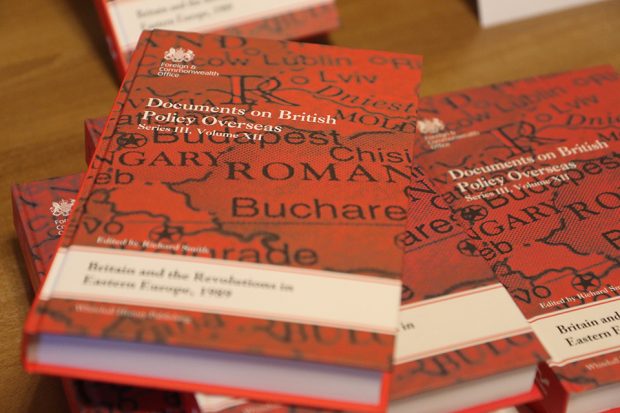
...in the region. Margaret Thatcher was the best asset the UK had. She was seen across the region as an uncompromising opponent of Communism, a champion of freedom and influential...

...in the region. Margaret Thatcher was the best asset the UK had. She was seen across the region as an uncompromising opponent of Communism, a champion of freedom and influential...
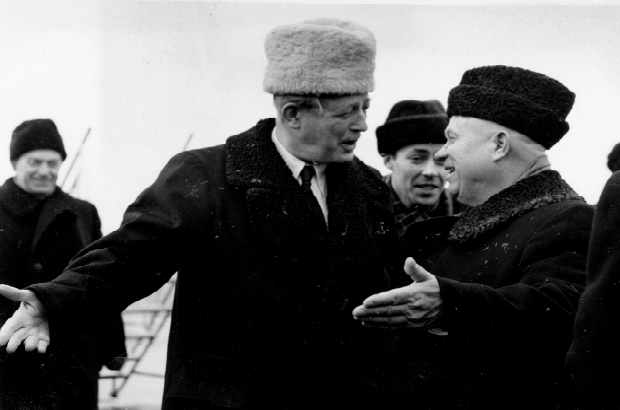
...in 1957 from Anthony Eden following the Suez Crisis. He is perhaps best known for his soundbites – describing the breakup of the British Empire as an African ‘wind of...
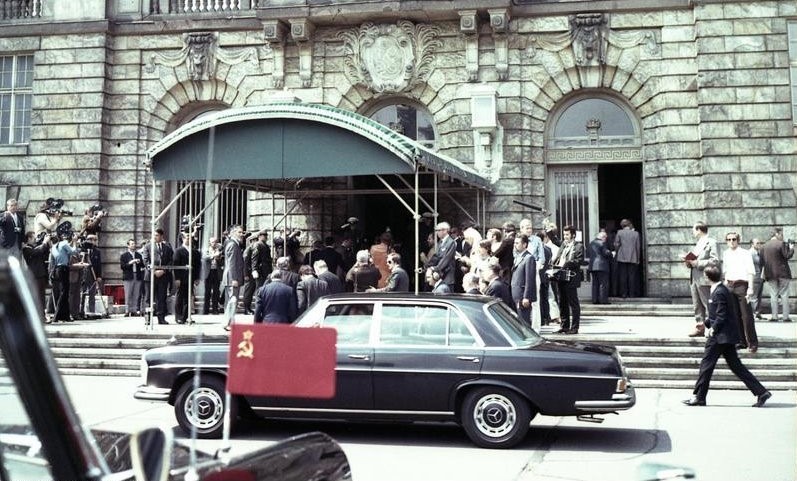
The most that we can say is that we have made the best of a bad bargain, not that we have got a fair deal (Prime Minister Edward Heath, 1...
...Cabinet and Commons, meant that key episodes of high politics took place within Number 10. This is best illustrated through two areas of policy that were particularly important and controversial:...
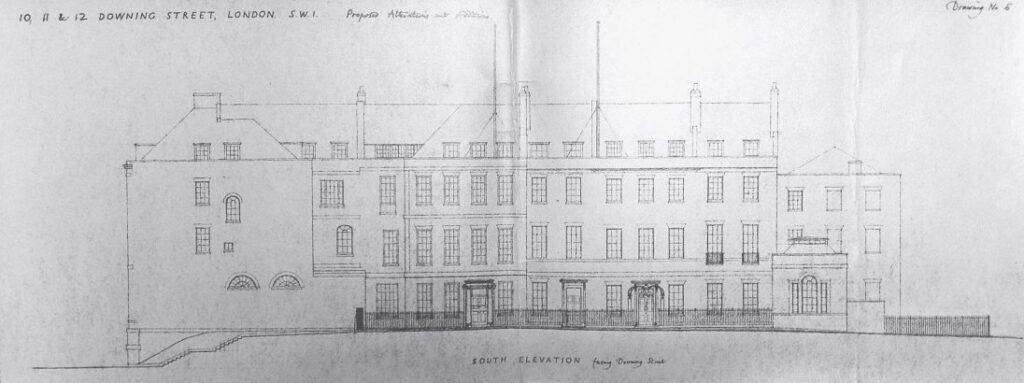
...great house and as an interested party, I find myself in some difficulty in trying to decide what is best to do. (…) We are all interested parties and before...
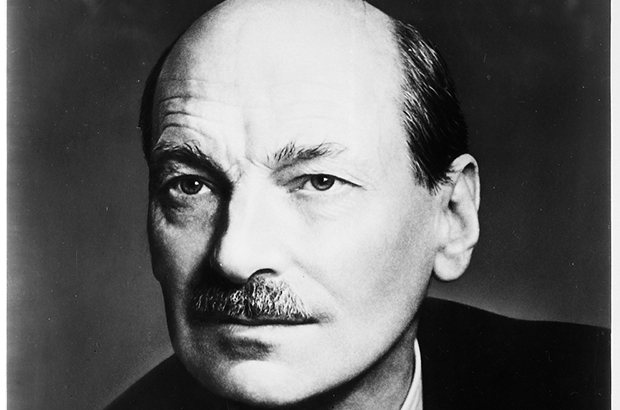
...full flow, he simply said ‘No’. Clement Attlee (The National Archives reference INF 14/19) It is difficult to envisage a twenty-first century politician passing up the opportunity to promote their...
...are best understood by exploring the development of three senior Civil Service posts: those of Permanent Secretary to the Treasury, Cabinet Secretary, and Head of the Home Civil Service. In...
...Disraeli penned best-selling novels. A more recent development, which may indicate the beginning of a convergence with the US model for former Presidents, is for former Prime Ministers to set...
...best to deal with it was a persistent source of tension. Once George had found an effective parliamentary manager in North, the political situation within Britain, and Parliament’s role within...
...continued significance, some doubted whether a Prime Minister was best placed there. Yet such objections could be grounded less on principle than an aversion to a particular individual. George Canning’s...